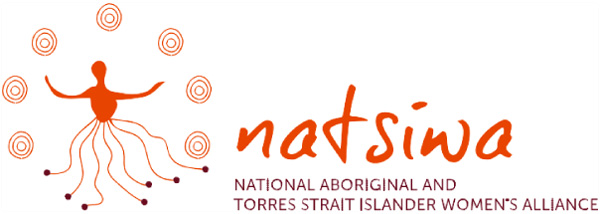Australia currently faces crises in gender-based violence, housing, and the cost of living. Aboriginal and Torres Strait Islander women, an already vulnerable population, suffer acutely from these compounding, interrelated problems. As well, our women and children continue to have lower levels of health and education than the general population.
NATSIWA has been successful in receiving a grant from the Department of Foreign Affairs and Trade (DFAT) inaugural First Nations International Fellowships and Partnerships Grants Program, to send 3 members to the United Nations Permanant forum Twenty-fourth Session (UNPFII): 21 April - 2 May 2025.
Department of Foreign Affairs and Trade (DFAT) Fellowships and Partnerships program seeks to support First Nations Australians to participate in global fora including the United Nations.
The objective of this activity is to enhance First Nations participation in international diplomacy, elevate Indigenous perspectives, and advance Indigenous rights globally by enabling delegates to establish and deepen meaningful relationships with Indigenous advocates, UN officials, and global partners, creating a platform to address shared challenges such as socio-economic inequities, cultural preservation, and gender equality
The Theme of the UNPFII : "Implementing the United Nations Declaration on the Rights of Indigenous Peoples within United Nations Member States and the United Nations system, including identifying good practices and addressing challenges”
The United Nations Permanent Forum on Indigenous Issues (UNPFII) is a high- level advisory body to the Economic and Social Council. The Forum was established on 28 July 2000 with the mandate to deal with indigenous issues related to economic and social development, culture, the environment, education, health and human rights.
The first meeting of the Permanent Forum was held in May 2002, with yearly sessions thereafter. The Forum usually meets for 10 days each year, at the UN Headquarters in New York.
We thank DFAT for this opportunity and look forward to the post-UNPFII event where the delegates will leverage their international experience to benefit their communities, sharing their insights through workshops, policy discussions, and resource development to create lasting socio-economic impacts.
NATSIWA aims to work to advocate and empower the voices of Aboriginal and Torres Strait Islander Women in Australia
CONTACT
Email: seniorprojects@natsiwa.org.au
Website: www.natsiwa.org.au
ABN 27 732 591 422

